Menopause age in Pakistan
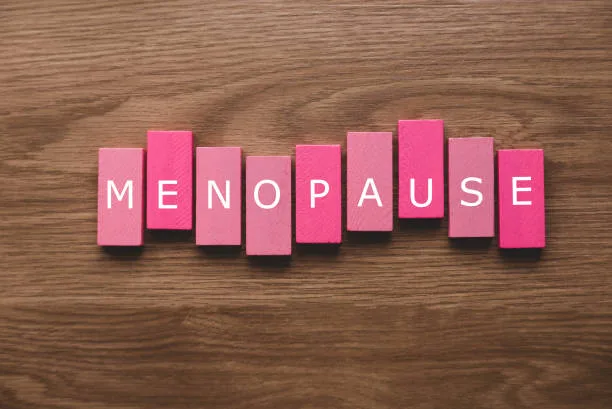
dear friends, in my topic, I will provide you with valuable information about Menopause age in Pakistan.
Menopause is a natural biological process that marks the end of a woman’s reproductive years. It typically occurs in the late 40s or early 50s, although it can happen earlier or later for some individuals.
This transformative phase is characterized by a cessation of menstruation and is often accompanied by a variety of physical and emotional changes in a woman.
In this article, we will delve into the symptoms of menopause, explore treatment options, and discuss potential side effects, shedding light on this important stage in a woman’s life.
Menopause Age in Pakistan and 10 Common Symptoms of Menopause.
Understanding Menopause
What is Menopause?
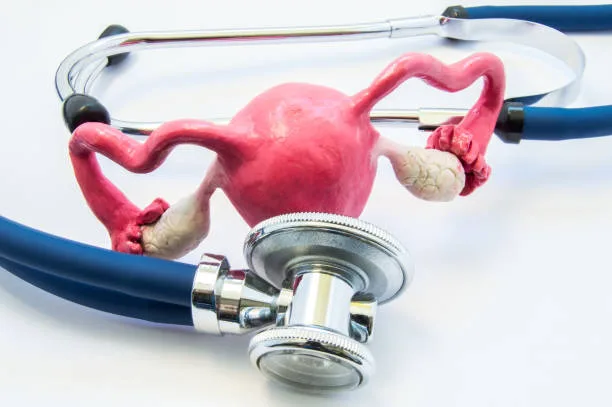
Menopause is a significant milestone in a woman’s life, representing the point at which her ovaries cease to release eggs and produce hormones like estrogen and progesterone. These hormones play a crucial role in regulating the menstrual cycle and supporting pregnancy. As a result, when the ovaries’ hormone production declines, menstruation stops, and the woman can no longer become pregnant naturally.
Perimenopause vs. Menopause
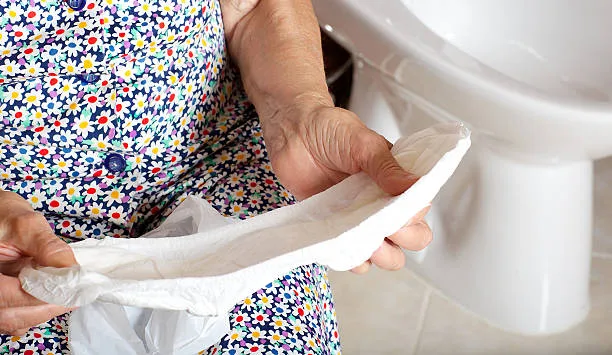
Menopause is often preceded by a transitional phase known as perimenopause. Perimenopause typically begins several years before menopause and can last for a few years.
During this time, hormonal fluctuations become more pronounced, leading to irregular periods and a range of symptoms that are similar to those experienced during menopause.
It’s essential to recognize that a woman is considered to have reached menopause when she has not had a menstrual period for 12 consecutive months.
Common Symptoms of Menopause
1-Irregular Menstruation:
As a woman enters perimenopause, her menstrual cycles may become irregular. This can mean shorter or longer cycles, heavier or lighter periods, or even skipped periods.
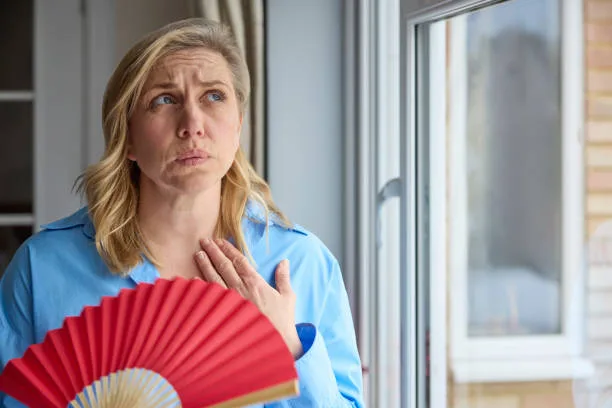
2-Hot Flashes and Night Sweats:
One of the most well-known symptoms of menopause, hot flashes, are characterized by sudden and intense waves of heat, typically starting in the chest and radiating upwards. Night sweats are hot flashes that occur during sleep.
3-Vaginal Dryness and Discomfort:
Reduced estrogen levels can lead to vaginal dryness, itching, and discomfort, making sexual intercourse painful for some women.
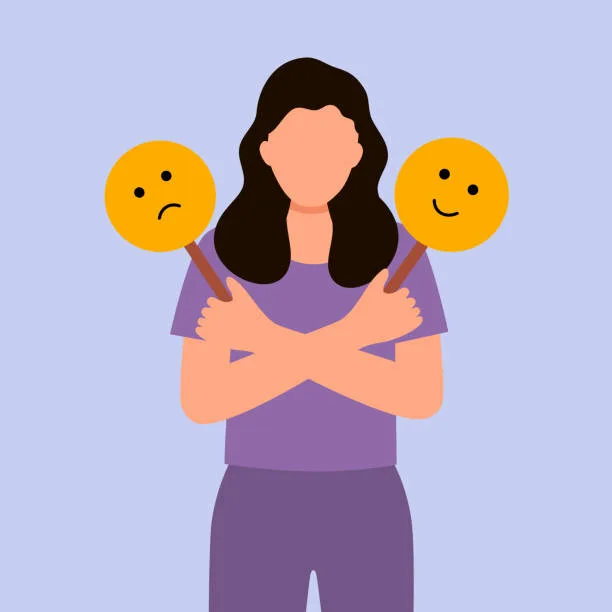
4-Mood Swings and Emotional Changes:
Fluctuating hormone levels can contribute to mood swings, irritability, and feelings of sadness or anxiety.
5-Sleep Disturbances:
Many women experience difficulty sleeping during menopause, often due to night sweats and mood disturbances.
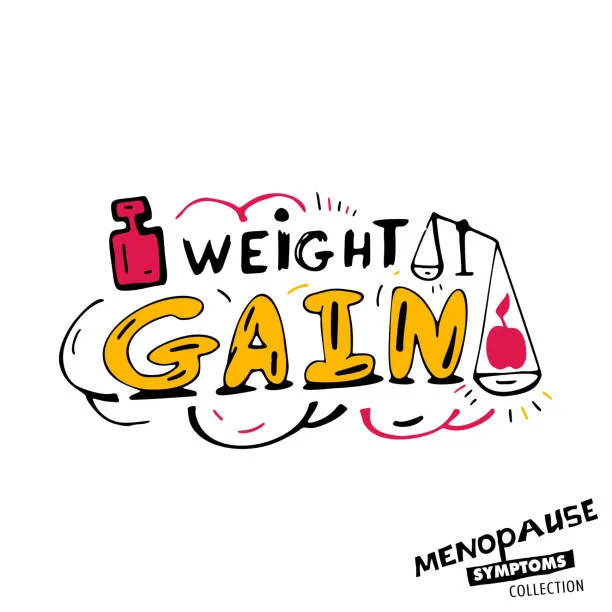
6-Weight Gain:
Some women may notice weight gain, particularly around the abdominal area, as their metabolism slows down.
7-Bone Density Loss:
Decreased estrogen levels can lead to a loss of bone density, increasing the risk of osteoporosis.
8-Cognitive Changes:
Some women report cognitive changes, such as forgetfulness or difficulty concentrating, during menopause.
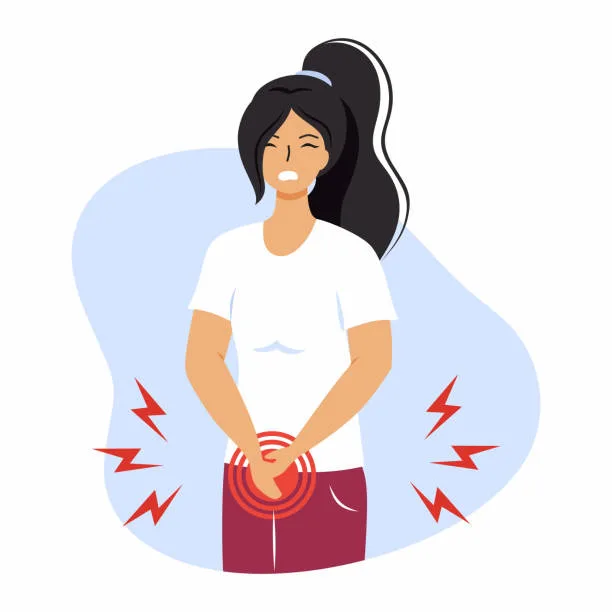
9-Urinary Symptoms:
Menopause can increase the risk of urinary incontinence and urinary tract infections.
10-Changes in Hair and Skin:
Hair may become thinner and drier, and the skin may lose some of its elasticity.
It’s important to note that not all women will experience every symptom, and the severity of symptoms can vary widely from person to person.
may you like this https://drreactivate.com/olive-oil-for-massage-10-benefits/
Treatment Options for Menopause
While menopause is a natural part of life, the symptoms it brings can be challenging for some women. Fortunately, there are various treatment options available to help manage these symptoms and improve overall quality of life.
Hormone Replacement Therapy (HRT)
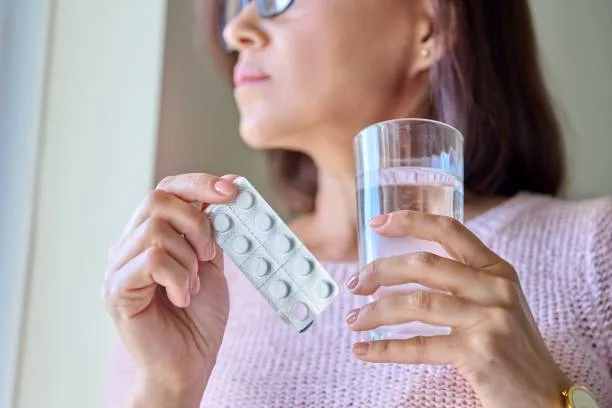
Hormone replacement therapy involves taking medications that contain hormones, typically estrogen and sometimes progestin, to replace the hormones the body is no longer producing in sufficient quantities.
HRT can effectively alleviate many menopausal symptoms, including hot flashes, vaginal dryness, and mood swings.
However, it’s important to discuss the risks and benefits of HRT with a healthcare provider. HRT has been associated with an increased risk of certain health conditions, such as blood clots and breast cancer, so it may not be suitable for everyone.
non-Hormonal Medications
Some women may prefer non-hormonal approaches to managing menopausal symptoms. Antidepressants, such as selective serotonin reuptake inhibitors (SSRIs) and selective norepinephrine reuptake inhibitors (SNRIs), can help reduce hot flashes and mood swings.
Gabapentin, a medication commonly used to treat seizures and nerve pain, has also been shown to be effective in managing hot flashes.
lifestyle Changes
Lifestyle modifications can make a significant difference in managing menopausal symptoms

Diet:
A balanced diet rich in fruits, vegetables, and whole grains can help manage weight gain and support overall health. Some women find that avoiding spicy foods and caffeine can reduce hot flashes.
Sometimes changing your diet can help relieve menopause symptoms. Limiting the amount of caffeine you consume every day and cutting back on spicy foods can make your hot flashes less severe. You can also add foods that contain plant estrogen to your diet. Plant estrogen (isoflavones) isn’t a replacement for the estrogen your body makes before menopause. Foods to try include:
Soybeans.
Chickpeas.
Lentils.
Flaxseed.
Grains.
Beans.
Fruits.
Vegetables.
Regular Exercise:
Physical activity can help with mood swings, weight management, and bone health. Weight-bearing exercises, like walking and strength training, can be particularly beneficial for maintaining bone density.
Stress Reduction:
Stress can exacerbate menopausal symptoms. Techniques such as mindfulness meditation, yoga, and deep breathing exercises can help reduce stress and improve emotional well-being.

Joining support groups
Talking to other people who are also going through menopause can be a great relief for many. Joining a support group can not only give you an outlet for the many emotions running through your head but also help you answer questions you may not even know you have.
Adequate Sleep:
Establishing good sleep hygiene habits can mitigate sleep disturbances. This includes maintaining a consistent sleep schedule and creating a comfortable sleep environment.
Smoking Cessation:
Quitting smoking is essential for overall health, as smoking can exacerbate menopausal symptoms and increase the risk of osteoporosis and heart disease.
vaginal Estrogen Therapy
For women experiencing vaginal dryness, discomfort during intercourse, or urinary symptoms, topical estrogen treatments in the form of creams, tablets, or rings can provide relief. These treatments are applied directly to the vaginal area and have a minimal systemic effect, reducing potential side effects associated with systemic hormone therapy.
complementary and Alternative Therapies

Some women find relief from menopausal symptoms through complementary and alternative therapies, such as acupuncture, herbal supplements (e.g., black cohosh, red clover), and dietary supplements (e.g., soy isoflavones, and flaxseed). It’s important to consult with a healthcare provider before using these therapies, as their safety and efficacy can vary.
Potential Side Effects and Risks
While treatment options can effectively manage menopausal symptoms, they are not without potential side effects and risks. Women need to make informed decisions about their menopause management plan in consultation with a healthcare provider.
Hormone Replacement Therapy (HRT) Risks
Increased Risk of Blood Clots: HRT, particularly when taken orally or through the skin, can raise the risk of blood clots, which can lead to serious health issues, including stroke and pulmonary embolism.
Breast Cancer Risk:
Some studies have suggested that long-term use of combined HRT (estrogen and progestin) may increase the risk of breast cancer.
Heart Disease Risk:
HRT may increase the risk of heart disease, especially when initiated in older women or those with existing risk factors.
Stroke Risk:
HRT use has been associated with a slight increase in stroke risk.
Non-Hormonal Medications Side Effects:
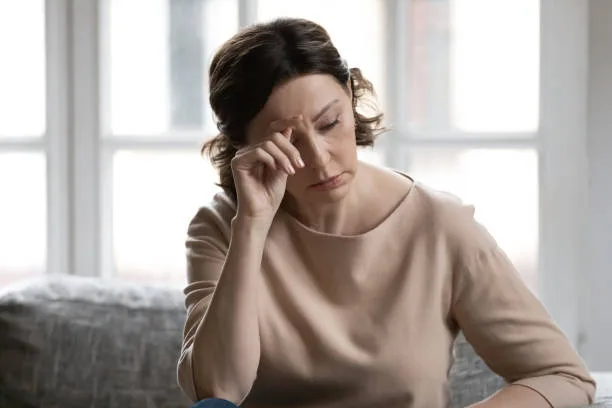
Antidepressants and other non-hormonal medications may have side effects of their own, such as nausea, dizziness, and sexual dysfunction.
you may like this https://drreactivate.com/abc-juice-benefits-and-astonishing-health-perks/
Lifestyle Changes
Initial Challenges:
Making significant lifestyle changes can be challenging and may require time and effort to achieve meaningful results.
Vaginal Estrogen Therapy
Local Side Effects:
Although topical estrogen treatments are generally well-tolerated, they can sometimes cause local side effects such as vaginal irritation or discharge.
Complementary and Alternative Therapies
Limited Scientific Evidence:
Many complementary and alternative therapies lack robust scientific evidence to support their effectiveness and safety.
Women must work closely with their healthcare providers to weigh the potential benefits and risks of various treatment options and make informed choices based on their health and preferences.
Conclusion:
my dear friends Menopause is a natural and inevitable phase of a woman’s life, but its associated symptoms can vary widely in terms of severity and impact on daily life.
Fortunately, there are numerous treatment options available to help manage these symptoms, ranging from hormone replacement therapy to lifestyle modifications and alternative therapies.
remember Each woman’s experience of menopause is unique, and the most effective approach to symptom management may differ from one individual to another.
So friends With the guidance of healthcare professionals and informed decision-making, women can navigate this transition with greater comfort and confidence, allowing them to embrace the next chapter of their lives with optimism and good health.
FAQs
Are all women affected by the same menopausal symptoms?
No, the severity and combination of symptoms can vary widely among women. Some may experience only a few mild symptoms, while others may have more severe and diverse ones.
What are the treatment options for menopause symptoms?
Treatment options include hormone replacement therapy (HRT), non-hormonal medications, lifestyle changes (diet, exercise, stress reduction), vaginal estrogen therapy, and complementary and alternative therapies.
Can menopause impact bone health?
Yes, menopause can lead to a loss of bone density, increasing the risk of osteoporosis. It’s important to discuss bone health with a healthcare provider.
Are there any natural remedies or dietary changes that can help with menopause symptoms?
Some women find relief from symptoms through dietary changes, such as avoiding spicy foods and caffeine. Additionally, certain herbal supplements like black cohosh and red clover are known to be used for symptom relief, though their effectiveness varies.
Is menopause a reversible condition?
No, menopause is a natural, irreversible process. Once a woman reaches menopause, her ovaries no longer release eggs, and hormone production declines permanently.
How do I know if I’m in menopause?
You’ll know you’ve reached menopause when you’ve gone 12 consecutive months without a menstrual period. Contact your healthcare provider if you have any type of vaginal bleeding after menopause. Vaginal bleeding after menopause could be a sign of a more serious health issue.
Can I get pregnant if I’ve gone through menopause?
No, you can’t get pregnant after menopause because ovulation is no longer occurring.
Does menopause cause weight gain?
It may. Hormone changes can impact your weight. For example, you may start to lose muscle as you get older, which can affect how your body gains weight.


1 thought on “Menopause age in pakistan”